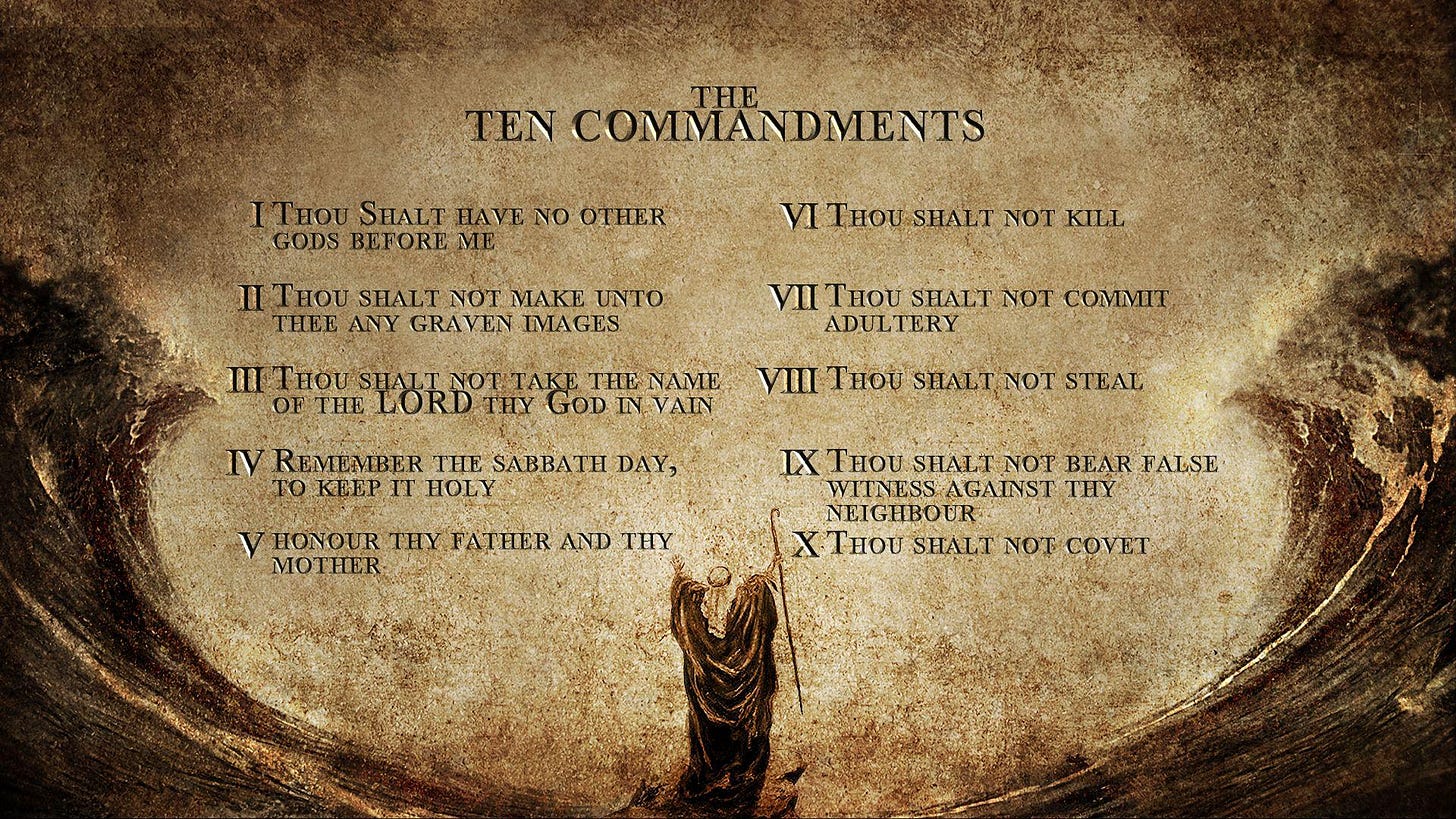Editor’s note: Dr. French’s essay appeared in the Hastings Tribune on July 8, 2023. At that time the largest teachers union in Nebraska, the NSEA, was circulating a petition to abolish opportunity scholarships in Nebraska. There is no other form of school choice in our state, which makes us an outlier. According to the NSEA, “public” money should never support a private school. What they fail to mention is there is no such thing as “public” money before it is confiscated from the taxpayer who earned it. The NSEA un-ironically called their petition drive “Save our Schools.” The petition succeeding, and in November 2024, Nebraskans will vote on whether taxpayers can afford to allow a few underprivileged kids go to a school of their parent’s choice. In the spirit of Christmas, we thought it would be appropriate to reprise the wise words of Dr. French.
image credit: wingmannation.com
One of our teachers recently wrote a letter to the editor stating that our schools are in “crisis.”
Teachers are leaving, she said, but not because of money. Her concerns were related to student behavior problems—lack of both discipline and respect for others. Another educator wrote a recent letter that we need a petition to Save Our Schools by preventing any tax credit dollars from leaking to alternative education systems. However, if the current model is not finding solutions, and if more money is not the answer, maybe a look at different approaches may be useful and necessary.
I am old enough to have witnessed significant changes in our public schools since God was expelled 60 years ago. Private schools have not been “required” to follow this policy. The U.S. Supreme Court decision in 1962 to remove prayer from schoolrooms, and to remove the 10 Commandments in 1980 were poor decisions, and have had sad repercussions.
The Court decisions were an over-reach because the First Amendment was aimed only to prevent the establishment of one official state church denomination (like the Church of England) to the exclusion of others, and to protect the free exercise of all religious expression. It was normal practice for schools to allow generic prayer, and teaching of biblical moral principles for 170 years before the Bill of Rights, and for 170 years after, without any concerns.
The prayer from New York public schools that was ruled “unconstitutional” in 1962 simply said in 22 words “Dear God, please bless and protect us this day—also our fellow students, our parents, our teachers, our schools and our nation (paraphrased).” Certainly people of Jewish, Christian, Muslim, Hindu, Buddhist or any background (except atheist) could allow their children freedom to hear this. Might New York’s schools, or ours, benefit if children were reminded of these thoughts daily? It certainly wouldn’t make things any worse. It would not cost a cent extra in taxes.
We couldn’t even get a bill discussed in our legislature to have the national motto, “In God We Trust,” posted in schools. Yet it is everywhere on our coins and dollar bills. But the atheist faction often wins the public debate because they shout the loudest. So who wins? It does not appear to be our children.
The real kicker was the U.S. Supreme Court decision in 1980, stating that the posting the Ten Commandments was now “unconstitutional” after hundreds of years of acceptability. Students might be induced “to read, to venerate…and obey the Commandments…this is not a permissible state objective.”
The first 4 commandments ask Respect for God, the 5th asks Respect for parents, and the last 5 ask Respect for Others (life, marriage, truth, and properties). Is anyone harmed by seeing these ageless moral principles? We see plenty of harm in our country from disregarding these ideals.
The Court’s reasoning in these decisions was highly questionable as there were dozens of Court precedents from the 1800s that upheld the use of religious principles in government, or in schools. The Supreme Court has carvings of Moses and the tablets of the Ten Commandments on the walls and doors of its own chambers.
So instead of allowing our government to remain officially non-denominational as intended by the First Amendment, the Supreme Court has set us on a course of producing governmental atheism, and our government schools are reaping the result. Our government has established “secular humanism” which my Webster’s dictionary defines as a “nontheistic religion antagonistic to traditional religion,” -- an obvious violation of the First Amendment.
Returning some generic religious principles into our public education system might be just the prescription they need for positive change in behaviors and the character of students.
“Love your neighbor as yourself” or “Love your enemies” --citing a famous historical teacher named Jesus could not harm any child. Or the Golden Rule, “Treat others as you would want to be treated,” is also good medicine for what ails our society.
“Separation of church and state” originally meant exactly what is says—the state or federal government will not establish (operate) a church denomination. It never has and never will. (Colonial governments did).
The First Amendment was never intended to expel God from all public view, discourse or education, which is precisely what the Free Exercise clause was intended to protect.
For the sake of our children, and the preservation of our nation, its time to allow God back into the educational institutions.
The petition we really need is “God Save our Schools.”
The author is an Internal Medicine physcian residing in Hastings, Nebraska.



